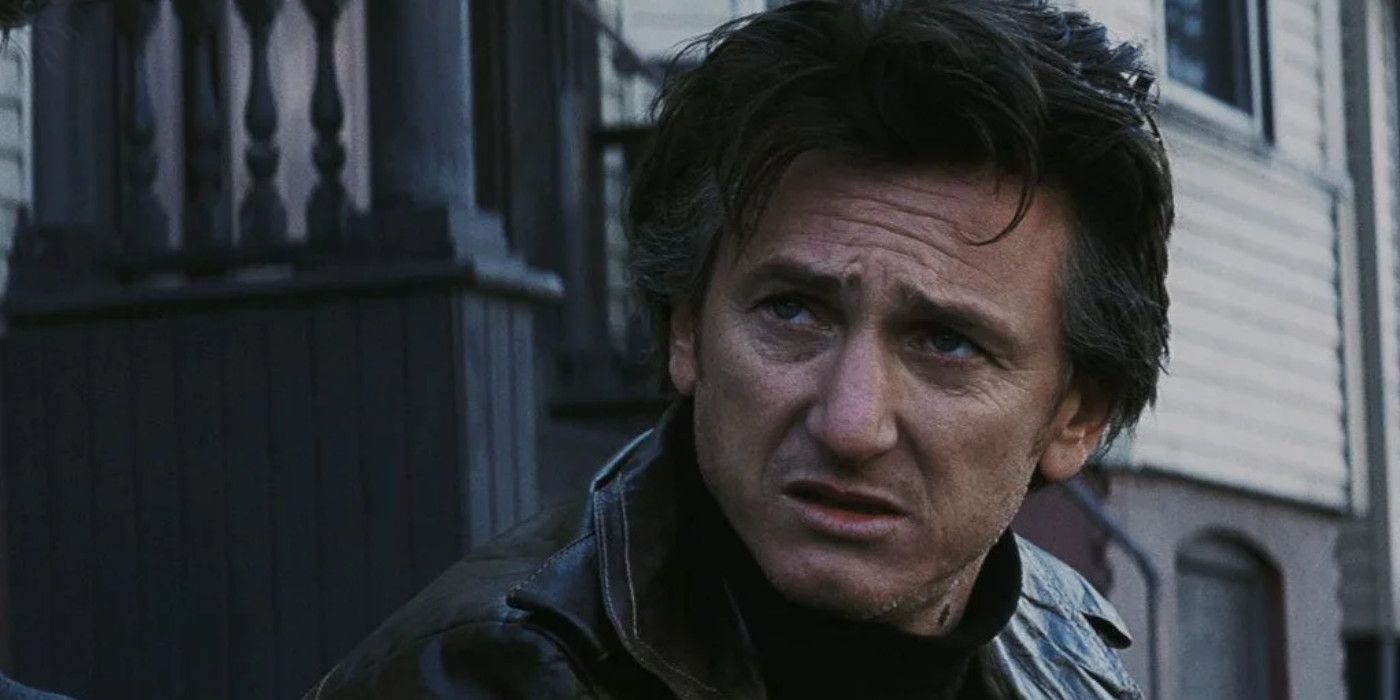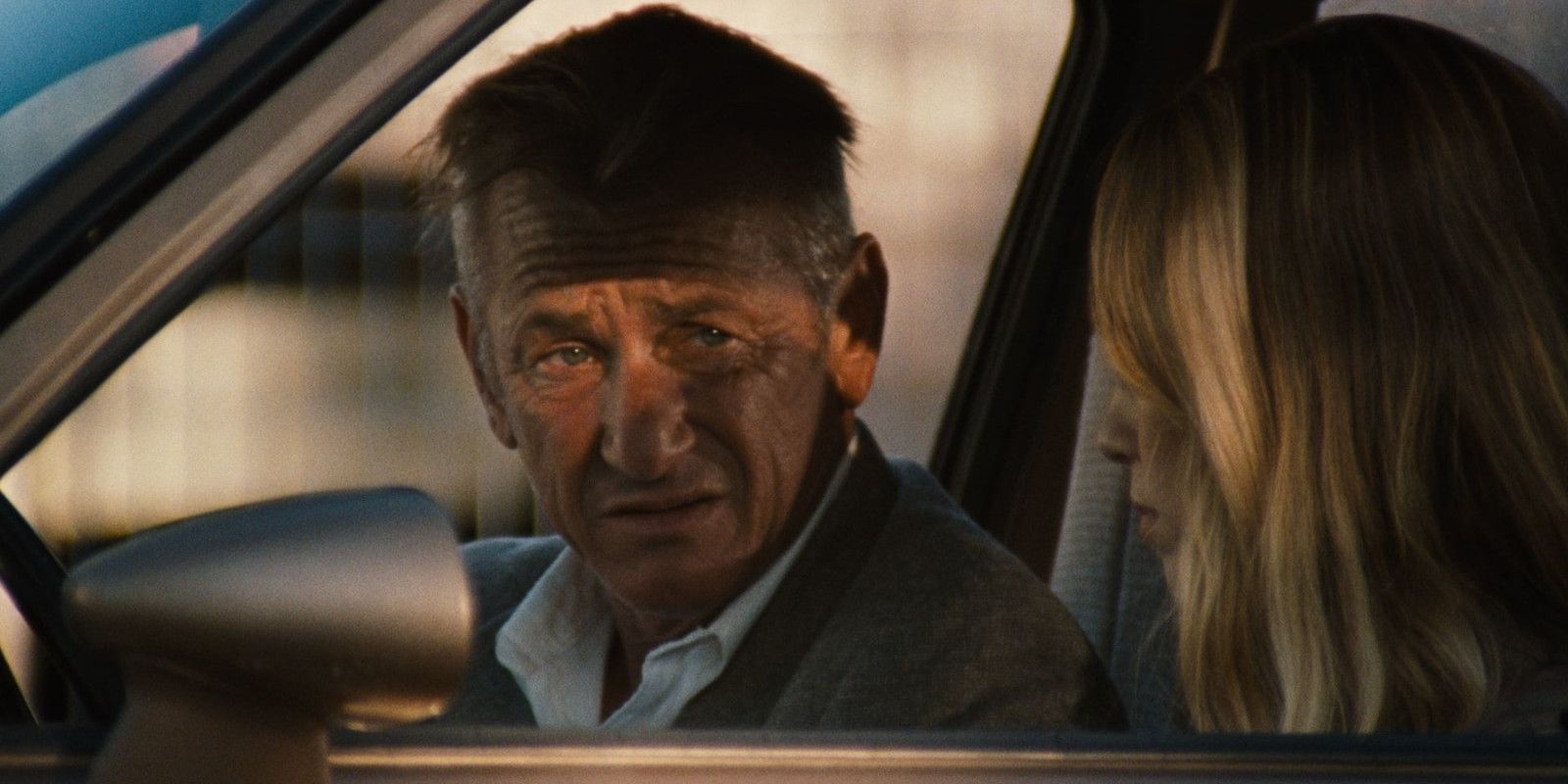Sean Penn has publicly called for a boycott of this year's Academy Awards if Ukrainian President Volodymyr Zelenskyy is not permitted to speak. The 61-year-old echoes the sentiment of Amy Schumer, one of the hosts at this year's awards ceremony, who said that she had pitched the idea of featuring Zelenskyy to the show's producers. Though she claims to have suggested multiple different ways in which the Ukrainian President could appear, including live broadcast or video recording, she also indicated that organizers were not sold on the prospect.
Penn himself has secured two Academy Awards over the course of his career, in addition to three other nominations. Winning Best Actor for his 2003 performance in Clint Eastwood's noir crime drama Mystic River, Penn secured his second Oscar in 2008 for his starring role in Milk, a biographical film based on the life of California's first openly gay politician, Harvey Milk. The impassioned Hollywood icon has been vocal in his support of the Ukrainian people, traveling to the country in order to document their plight amid the Russian invasion of their country.
Now, in an interview with CNN, Penn has called for a mass boycott of the 2022 Oscars if the awards fail to grant President Zelenskyy some air time. "There is nothing greater that the Academy Awards could do than give [Zelenskyy] an opportunity to talk to all of us," he stated. Going on to describe any decision not to feature the Ukrainian President as "the most obscene moment in all of Hollywood history," Penn implored his fellow stars to boycott the Academy Awards if that was the case. "I will smelt mine in public," he threatened of his own Academy Awards. "I pray that's not what's happened." Check out his full statement below:
There are those – and I think it sometimes has validity – who would say that politics are for another place, entertainment is for another. I believe that anyone, as an audience or a practitioner of film, that understands what that expression is, that to restrict it to just film is to say it can’t be on television and it can’t be on the stage. To restrict it to any of those is to say it can’t be embodied within a human being, that kind of nature of poetic courage and expression that film aspires at it’s best to be.
There is nothing greater that the Academy could do than to give him [Zelenskyy] that opportunity, to talk to all of us. And by the way, this is a man who understands movies and had his own very long and successful career in that.
Now, it is my understanding that a decision has been made not to do it. That is not me commenting on whether President Zelenskyy had wanted to. If the Academy has elected not to do it, if presenters have elected not to pursue the leadership in Ukraine who are taking bullets and bombs for us, along with the Ukrainian children that they are trying to protect, then I think every single one of those people and every bit of that decision will have been the most obscene moment in all of Hollywood history and I hope that’s not what’s happening.”
“If it turns out to be what’s happening I would encourage everyone involved to know that though it may be their moment, and I understand that, to celebrate their films, it is so much more importantly their moment to shine and to protest and to boycott that Academy Awards. And I myself, if it comes back to it, when I return, I will smelt mine in public. I pray that’s not what’s happened. I pray there have not been arrogant people who consider themselves representatives of the greater good in my industry that have not decided to check in with leadership in Ukraine. So I’m just going to hope that that’s not what’s happened and I hope that everybody walks out if it is.”
Penn, who has stood up for a number of political and humanitarian causes in recent years, had the opportunity to speak with President Zelenskyy in person both before and during the Russian invasion. Describing him as "born for this moment," the filmmaker has been consistently vocal in his admiration of the Ukrainian people and their leadership. Though he and colleagues fled the country in late February as the fighting worsened, Penn has opted to remain in Poland, where over two million Ukrainian refugees are said to have fled, in order to provide humanitarian assistance.
Though Oscars organizers have yet to officially comment on whether President Zelenskyy will make an appearance at this year's ceremony, Schumer's remarks suggest it is unlikely. With the awards already under intense pressure to boost ratings after last year's abysmal viewership of 10.4 million (a decrease of 56% compared to 2020), Penn's suggestion of a boycott is likely to resemble a death toll to the show's producers. Having already incurred criticism for the late invitation of West Side Story star Rachel Zegler, it remains to be seen if the Academy Awards will come under further fire on the dawn of the ceremony. The 2022 Oscars will premiere from the Dolby Theatre in LA on March 27 at 8:00 pm ET.
Source: CNN


